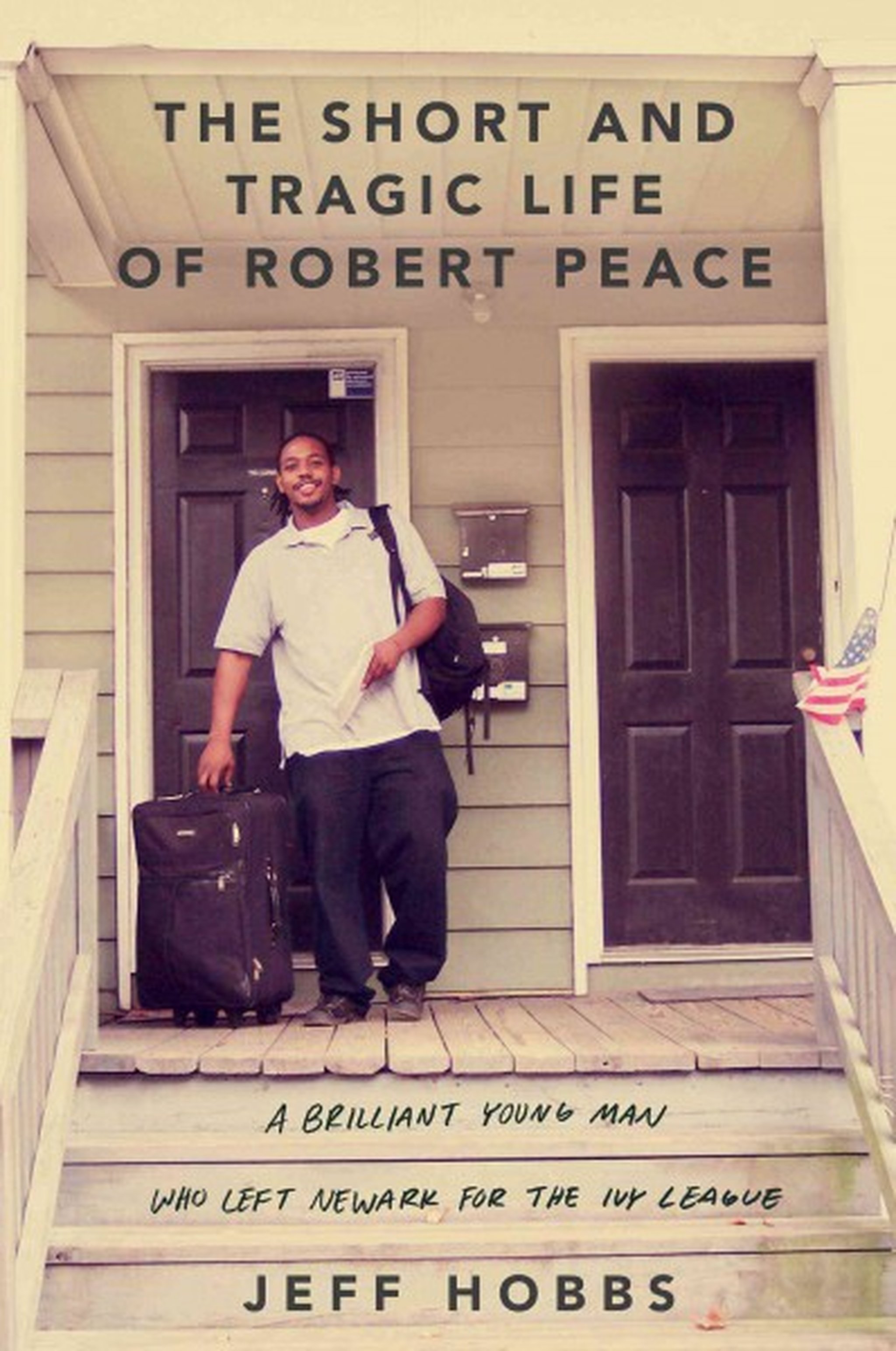Outside of book clubs for moms, any adept reader might feel uncomfortable with Jeff Hobbs' attempts at describing Peace's early life. Hobbs is very evidently a stranger to the kind of neighborhood Peace grew up in. Despite his omniscient and objective narration his descriptions are amateur; referring to criminals as "dark figures in the night" or the "stupefied drug addicts" at the park. Hobbs' clear unfamiliarity with these places coupled with his impersonal and authoritative style of narration comes off as awkward, almost offensively so. There is a simple fix, Hobbs could have inserted himself in the narrative, he could have explained his unfamiliarity with these places and it would have allowed him more liberty in the way he writes. His journey to these places, his interactions with important characters in Rob's life, his visiting key locations, these all could have made the work more relatable and quite frankly, better.
This is an unfortunate major trend in the book. Hobbs' wannabe omniscient narration style that mistakenly includes things like his political views or misconceptions about life in the ghetto, dominates two narratives; that of Rob Peace and that of Hobbs himself. The book would otherwise have been able to get across important themes; that higher education is not the solution to systemic problems of poverty or the fear of how we will look when we leave where we are from and its effects on our lives. Any college student or aspiring college student could learn a lot from the struggles both Rob and Hobbs (who does insert himself fleeting in the narrative at times) face before and after Yale. The problem is that Hobbs isn't present enough for us to glean any lasting meaning from his journey in writing this book and the lack of authority he writes about Rob prevents any journey of our own in reading it.
Ultimately I think in writing this piece Jeff Hobbs demonstrates the same weaknesses as Rob, but without the lethal consequences. He is a writer posturing himself as an authority on something he clearly knows nothing about in attempt to seem almost better than the rest of his contemporaries at Yale; the stuffy and uppity students who think they are better than people like Rob. Where Rob constantly fronts himself as hard and adaptable to the streets in a way that becomes too believable, but Hobbs who offers himself as a Yalie who has seen the other side of the wealth gap and bringing it back to the rest of us privileged enough not to know it, is not believable enough. The tragedy of this book is that any importance it offers is reserved for those who have never read about or experienced that which Hobbs tries, and fails, to convey.


No comments:
Post a Comment